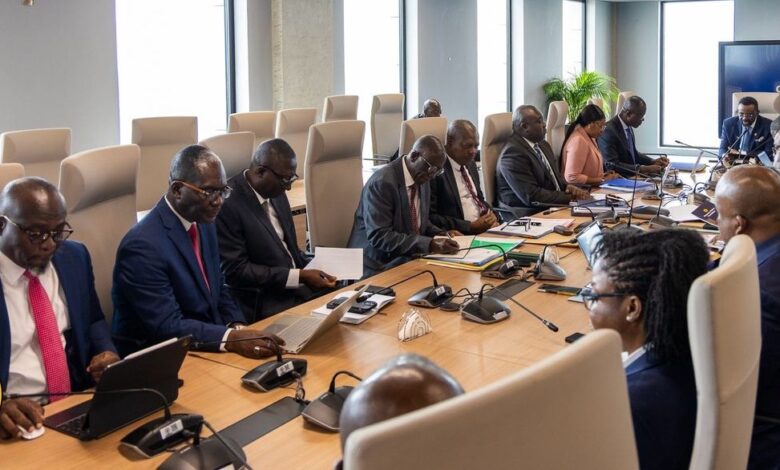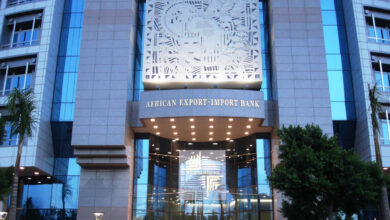Ghana’s Reserves Strengthen to $10.7bn, Highest Since 2021, Backed by Gold and Cocoa Exports

Ghana’s external buffers have shown marked improvement, with gross international reserves (GIR) rising to US$10.7 billion in August 2025, providing about 4½ months of import cover, according to the Governor of the Bank of Ghana, Dr. Johnson Asiama.
Speaking at the opening of the 126th Monetary Policy Committee (MPC) meetings, Dr. Asiama noted that the strong reserve position was underpinned by a US$6.2 billion trade surplus recorded in the first eight months of the year, driven largely by robust gold exports and higher cocoa receipts.
Comparative trends from 2020
The current reserve level represents one of the strongest buffers Ghana has seen in recent years, reversing the volatility witnessed between 2021 and 2024.
-
At end-December 2020, reserves stood at US$8.6 billion, equivalent to 4.0 months of import cover.
-
By June 2021, reserves peaked at US$11.0 billion, covering 5.0 months of imports, the highest in more than a decade.
-
However, the buffers declined to US$9.7 billion (4.3 months import cover) by end-2021, and further to US$7.7 billion (3.4 months import cover) by June 2022.
-
The downward trend deepened in 2023, with reserves excluding encumbered assets and petroleum funds sinking to just US$2.35 billion, enough for 1.1 months of imports, compared with US$1.44 billion (0.6 months of imports) at the end of 2022.
-
By June 2024, reserves had recovered modestly to US$6.87 billion, equivalent to 3.1 months of imports.
Against this backdrop, the US$10.7 billion level recorded in August 2025 represents the highest since mid-2021, marking a significant turnaround in Ghana’s external position.
What this means for Ghana
Analysts argue that stronger reserves are crucial in absorbing shocks, stabilising the currency, and improving investor confidence. For businesses dependent on imports, the improved buffers provide some reassurance of foreign exchange availability, even amid seasonal pressures and moderated remittance inflows.

Dr. Asiama stressed that while the recent modest depreciation of the cedi reflects market adjustments and seasonal trade patterns, the strengthened reserve position offers a cushion to maintain long-term stability. He added that the gains underscore the impact of prudent monetary policy, fiscal consolidation, and effective liquidity management.
“Gross reserves are not just about numbers. They are the country’s insurance against external shocks, and their strengthening signals resilience in the face of global uncertainty,” the Governor added.
Looking ahead, sustaining the current momentum will depend on continued export performance, fiscal discipline, and investor inflows. With reserves now at their highest in four years, Ghana appears better positioned to manage external vulnerabilities and deepen its integration into global capital markets.




